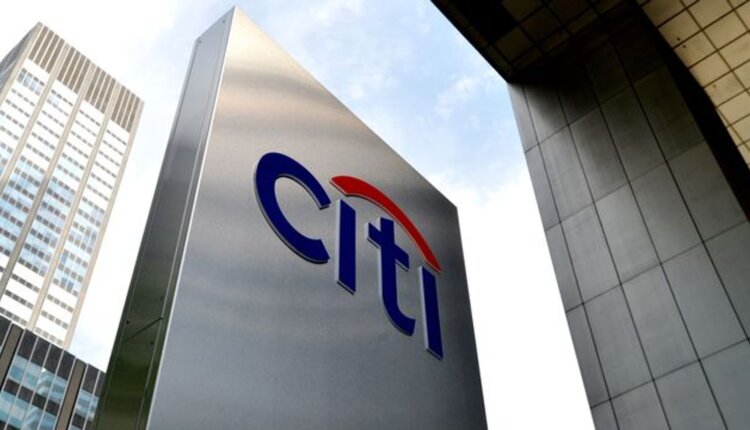Economic ties between the West and Russia are badly damaged by the Russian war of aggression against Ukraine. This is also shown by the list of companies that have withdrawn from business in Russia.
Stopped deliveries or sold shares in Russian companies. Many companies are now drawing long-term consequences. The most recent example is Citi Bank.
Showing you which companies have left Russia. Which supermarkets in turn ban products from Russia, read here.
Note: As the current situation changes quickly, certain companies may not yet appear in the list. The overview is continuously updated, but does not claim to be complete.
Several car manufacturers have announced a delivery stop for Russia. Volkswagen is suspending its production in Russia and its exports “until further notice,” the company announced on Thursday . The Group operates two production sites in Moscow. The Volkswagen subsidiary Porsche is also ending its business in Russia.
Also the Opel mother Stellantis has completely suspended its production. Due to the daily tightening of sanctions and logistical difficulties, production at the plant in Kaluga south of Moscow will be interrupted, the company said Toyota , Hyundai, Škoda and Renault stop production at their Russian plants.
BMW, Volvo, Ford and MAN have stopped exporting and frozen local production. This also applies to Mercedes-Benz and the associated truck division Daimler Truck. Deliveries to the Russian truck manufacturer Kamaz have also been suspended.
Suzuki, Honda and Mazda no longer deliver cars and motorcycles to Russia . General Motors, Scania and Nissan have also stopped their deliveries business in Russia.
Automotive supplier ZF Friedrichshafen has stopped all deliveries to Russia. This also applies to the ZF Kama joint venture, a joint venture with the Russian truck manufacturer Kamaz. The automotive supplier Continental has also decided to temporarily stop its production and business in Russia.
The focus is primarily on the Kaluga plant, where tires and parts for the Contitech industrial division are made. In addition, the entire import and export business with the Russian Federation has ended for the time being.
The French railway technology manufacturer Alstom no longer wants to invest in projects in Russia for the time being. Any deliveries to Russia would also be suspended for the time being.
Boeing and Airbus have suspended the supply of spare parts to Russian airlines.
Latvian airline Air Baltic withdraws from Russia. In a statement from the state-owned company, it was said that the step would be taken “until further notice”. Air Baltic based in Riga is the largest airline in the Baltic States.
The Dutch-British oil company Shell wants to gradually withdraw from the business in Russia energy market. The company is closing all of its gas stations in Russia, stopping aircraft fueling and trading in lubricants.
Shell had already announced at the end of February that it would sell its shares in all joint ventures with the Russian energy giant Gazprom. In addition, the group declared its intention to end its participation in the Baltic Sea pipeline Nord Stream 2 .
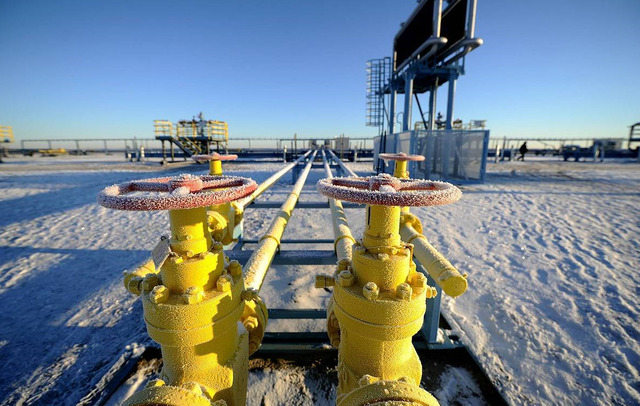
The Italian energy company Eni wants to sell its stake in the Blue Stream pipeline, which it is building together with the Russian gas company Gazprom owns.
The Norwegian Energy Company Equinor divests its joint ventures in Russia. Since 2021, the concern has been cooperating with the Russian company Rosneft.
British energy group BP has sold its stake in Russian oil company Rosneft. BP had held a 19.75 percent stake in Rosneft since 2013.
The Austrian oil and gas group OMV wants to review its participation in the Nord Stream 2 pipeline. In addition, OMV decided not to continue negotiations with the Russian company Gazprom about the possible acquisition of a 24.98 percent stake in blocks 4A/5A of the Achimov formation of the Urengoy natural gas and condensate field and to terminate the basic sale agreement of March 3, 2019 October 2018.
OMV, based in Vienna, is one of the financial investors in the Nord Stream 2 pipeline. After the end of the Baltic Sea pipeline , the Swiss owner company is bankrupt.
The Deutsche Post, your parcel service DHL and the competitors CMA CGM, Fedex and UPS had already suspended the shipment of goods and documents to Russia some time ago. Letters, parcels and packages that are posted to the post office in Germany should continue in the states are transported – this is done within the framework of international obligations of the Universal Postal Union, in which the Deutsche Post is a member.
The national Russian business, however, is now also resting, as CEO Frank Appel said in a press conference at the beginning of August. This means the transport of shipments within the country. A social plan is now being developed for the employees affected by the decision, the Post said. Before the outbreak of the Ukraine war and the subsequent sanctions against Russia, Deutsche Post achieved one percent of its total sales in Russia.
The transport and logistics company Kühne+Nagel has stopped shipping goods. Excludes food, medical and humanitarian supplies. The same applies to the Danish container shipping company Maersk.
The MSC Mediterranean Shipping Company has issued a temporary halt to all freight bookings to and from Russia. This includes all access areas including the Baltic, the Black Sea and the Far East of Russia.
The Frankfurt airport operator Fraport is leaving its activities at Pulkovo Airport in St. Petersburg because of the attack on Ukraine rest. A spokesman for the MDax group said that consulting services were no longer being provided in Russia’s second largest city and that no operational know-how was being transferred. There are no local staff and they are not involved in the operation of the airport.
The Swedish furniture store chain Ikea is closing all Russian branches. The chain operates a total of 17 furniture stores in Russia. Last year they generated sales of 1.6 billion euros . Accordingly, 15,000 employees are affected by the decision.
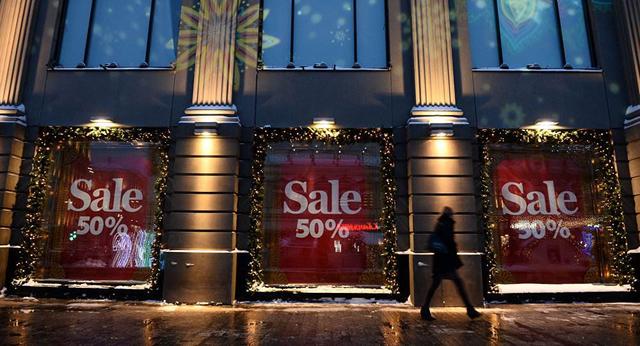
Shopping centers in Russia, which are operated under the brand name Mega, remain open. According to Ikea, this should ensure that many people in Russia have access to food and medicine.
Also the Danish furniture chain Jysk, formerly known as Danisches Bettenlager, has closed all its branches.
The hardware store chain Obi closed its business in the 27 Russian branches shortly after the outbreak of war. The decision affects 4,900 employees in Russia. In mid-April, the company announced that all branches had gone to a Russian investor.
What is curious about this is that Obi does not get any money from the Russian investor who is taking over the markets. Obi has “taken the last step to finally leave the Russian market,” said the chain in Wermelskirchen With. The Obi brand will thus disappear from Russia, the markets will not be continued under the Obi logo.
With Tchibo, Germany’s leading coffee roaster has completely given up its business in Russia. The company there had already been sold at the beginning of July, it was said last. The company only offered coffee products in Russia and stopped supplying coffee at the beginning of the war at the end of February. “The roasting of Tchibo coffee at a contract manufacturer in Russia has been terminated and all marketing activities as well as the online presence have been stopped.”
In addition, several beverage companies have withdrawn from the Russian market and business in Russia. Heineken and Carlsberg have stopped their beer deliveries. The world’s largest alcohol producer Diageo (Guinness, Baileys etc.) will no longer offer its products for the time being.
There could also be a shortage of soft drinks: in addition to Coca-Cola , PepsiCo (Pepsi, 7Up, Mirinda) back.
The coffee house chain Starbucks is also temporarily ceasing its business activities in Russia. The delivery of products and the operation of cafes will be stop business in Russia.
And: McDonald’s is temporarily closing its 850 branches in Russia. The fast-food chain said the 62,000 employees in the country would continue to be paid.
Most recently, the French sports outfitter Decathlon gave up. At the end of March 2022 he ceased his business in Russia. The company reports that the delivery conditions, in strict compliance with international sanctions, no longer allow activities to be continued.
Decathlon is owned by the French entrepreneurial Mulliez family, which also owns the Auchan supermarket chain, among other things. Recently, the pressure on the family had grown to stop their business in Russia. Auchan has around 30,000 employees in Russia, Decathlon around 2,500.
The branches of the Spanish clothing chain Inditex, to which the brands Zara, Pull & Bear, Massimo Dutti, Bershka, Stradivarius and Oysho are closed.
With Mango the second largest Spanish chain has left the business in Russia.
The Swedish chain H&M, which also includes the brands COS, Weekday and Arket has stopped selling. Also the shops of Levi’s and Tommy Hilfiger has been terminated.
Sporting goods from Adidas, Nike or Puma does not exist in Russia now to buy more. Online orders from ASOS and the brand Karl Lagerfeld have been frozen.
Several luxury brands have also gone out of business – including Hugo Boss, Prada, the boutiques of LVMH Group, to which Hermès, Chanel and Louis Vuitton belong. Also the Kering Group with brands like Gucci, Balenciaga and Yves Saint Laurent has closed her business in Russia.
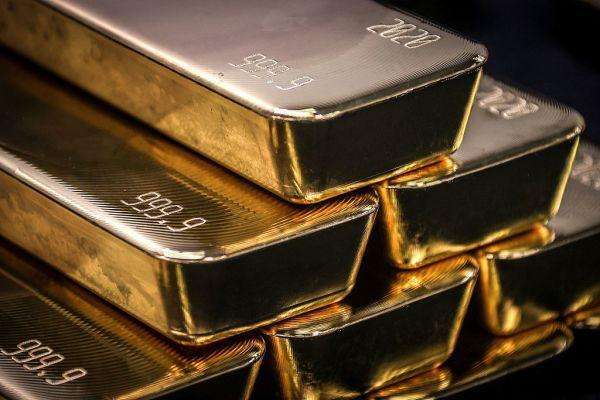
And when it comes to jewelry, both Swarovski and the jewelry store Cartier stopped their business in Russia.
The cosmetics giant Estèe Lauder stops all deliveries to Russia. Meanwhile, the Russian employees should continue to receive their salary, as the US company announced. The group includes brands such as Clinique, Aveda, Bobbi Brown, MAC and La Mer.
Various online service providers have discontinued their service in Russia. Including the apartment broker Airbnb , the holiday service provider Booking.com and the online retailer Amazon, including the streaming platform Prime. Streaming competitor Netflix has already blocked its service for new customers. For existing users, the service expires with the next monthly payment. The music streaming service Deezer has announced its withdrawal from business in Russia.
There is also little to see in Russian cinemas: Walt Disney Company, Warner Bros. and Paramount Pictures have suspended the screening of their films.
US online retailer eBay has suspended delivery of orders. The payment service provider Paypal also excludes Russia. Currently, only withdrawals from your own Paypal account are possible for a limited period of time. New customers in Russia can already no longer register for the service.
Also US giant Apple suspends sales of all products in Russia. In addition, Apple Pay and other services have been restricted.
Google is suspending its ad business in Russia until further notice. Advertising is affected both in the context of internet searches and on the video platform YouTube.
Also the German software giant SAP and its US rival Oracle suspend their activities in Russia. SAP initially suspended new and cloud business. In mid-April, the company then announced two further steps “for the orderly exit from our business in Russia”. Microsoft will also stop selling its products and services in Russia until further notice. Adobe has also suspended its business in Russia.
The IT group IBM has suspended all its business in Russia. Chip giant Intel suspends all shipments to customers in Russia and Belarus.
South Korean tech giant Samsung has announced it will halt all product shipments to Russia. Samsung is the market leader in smartphones in Russia and has a market share of around 30 percent. The Japanese group Sony is also ending its services in Russia. This affects both hardware deliveries and launches of software products.
The US financial group Citigroup has announced that it will start processing its branch business in Russia after unsuccessful attempts to sell it . Citi recently announced that it would close 15 branches with around 2,300 employees in the country.
The consumer goods manufacturer Henkel is also giving up its business in Russia. Previously, the group had only stopped investments, but allowed production to continue with 2,500 employees in Russia.
At the Annual General Meeting in early April, there was criticism from shareholders who feared damage to Henkel’s reputation. Henkel boss Carsten Knobel had defended the Russia strategy, among other things, that foreign companies could be expropriated by the government in the future and their local managers could be held liable if they stop doing business.
The Duisburg conglomerate Haniel is withdrawing from Russia and Belarus. The Haniel Group owns a number of holdings in companies.
For example, the parent company of Media Markt and Saturn, Ceconomy, Europe’s leading hygiene service provider CWS, the security provider Bauwatch, the bedding manufacturer Emma and the company outfitter Takkt. Above all, Frima Optimar, a leading global supplier of automated fish processing systems, has strong business in Russia.
The Horst Brandstätter group, which the Playmobil figures sold, no longer delivers products to Russia, as announced last week. This also applies to the Lechuza planter brand. Also Lego has stopped its business in Russia.
The ceramics producer Villeroy & Boch is closing its business in the Ukraine, Belarus and the Ukraine “until further notice” rest. Participation in the Russian exhibition “Mosbuild” was also canceled.
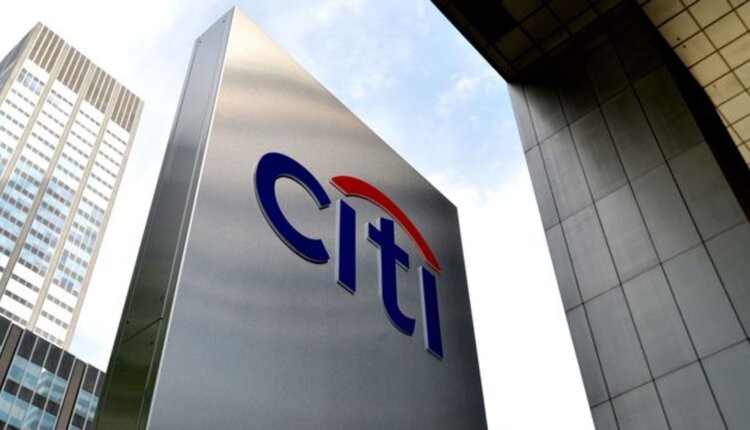
According to insiders, the Austrian Raiffeisen Bank International (RBI) is considering turning away from the Russian invasion of Ukraine Russian market. However, such a step is not planned immediately, said two people familiar with the situation from the Reuters news agency.
It is an emergency plan if the Russian subsidiary runs out of money because local companies are demanding liquidity or capital. The money house based in Vienna, which is one of the largest lenders in Eastern Europe, would be the first European bank to leave business in Russia.
The Mercedes-Benz Group, formerly Daimler and former parent company of the Daimler Truck Division, has ceased all business activities in Russia. This also applies to the truck manufacturer Kamaz, with which Daimler Truck builds commercial vehicles.
The Stuttgart group also wanted to examine how it can part with its shares in the Russian truck manufacturer Kamaz.
However, a spokesman for Daimler Truck denied the media reports that there are discussions with the state-owned company Rostec: “We cannot confirm this,” said a spokesman for Mercedes-Benz – the Dax Group holds the 15 percent Kamaz share as the successor to Daimler AG. Rostec holds almost 50 percent, the company Avtoinvest, registered in Cyprus, owns 23.5 percent.
BMW renounces the export of its cars to Russia and wants to end production in the plants business in Russia. The car manufacturer Renault, which has a majority stake in Russia’s largest car manufacturer Avtovaz, initially only restricted its activities in Russian plants due to logistical bottlenecks.
But the French made a U-turn and do not want to remain active business in Russia. The company stops its production in Moscow. But that’s not all: Renault has now announced that the group will completely cease its activities in Russia due to the war in Ukraine and hand over all company participations.
The Swedish car manufacturer Volvo Cars, a subsidiary of the Chinese vehicle group Geely, is no longer delivering its cars to Russia until further notice.
The American manufacturer General Motors (GM) has also announced an export ban to Russia.
Ford Motor has informed its joint venture partner Sollers about the suspension of its business in Russia. The joint venture produces the Russian flagship car model Aurus Senate, which was developed at the special request of Russian President Vladimir Putin.

